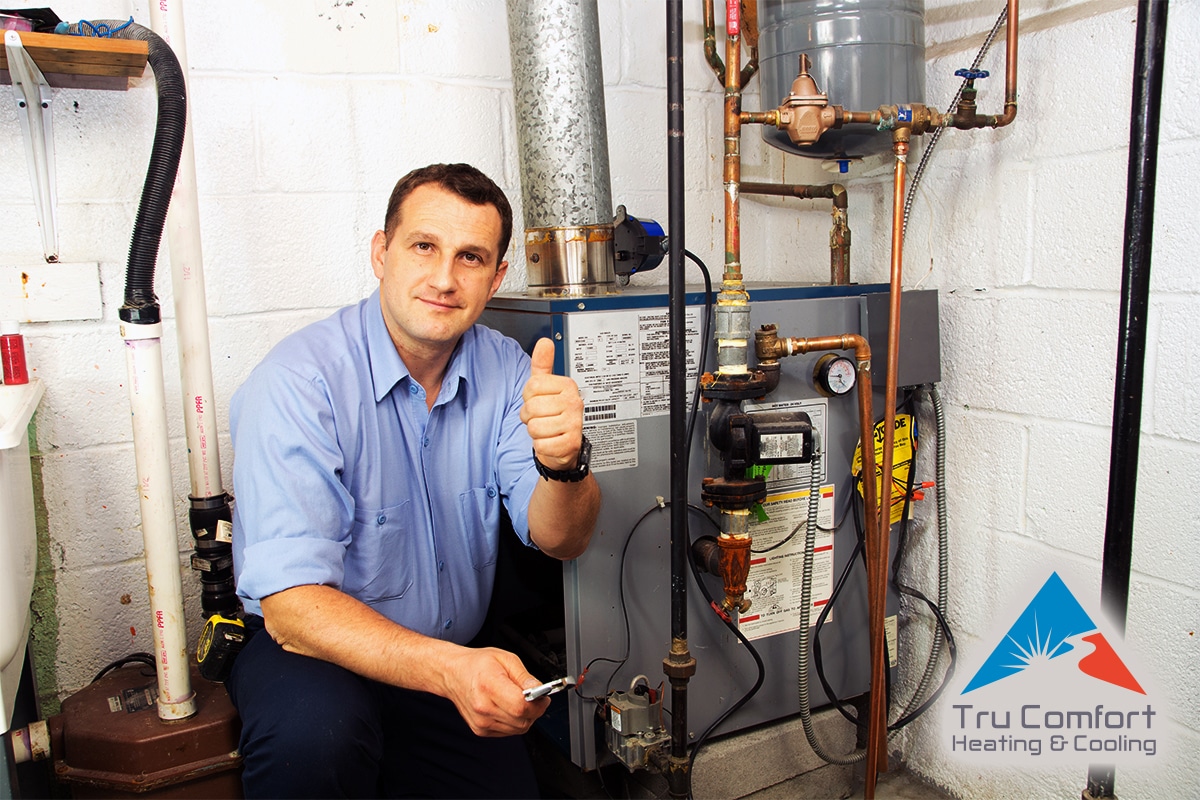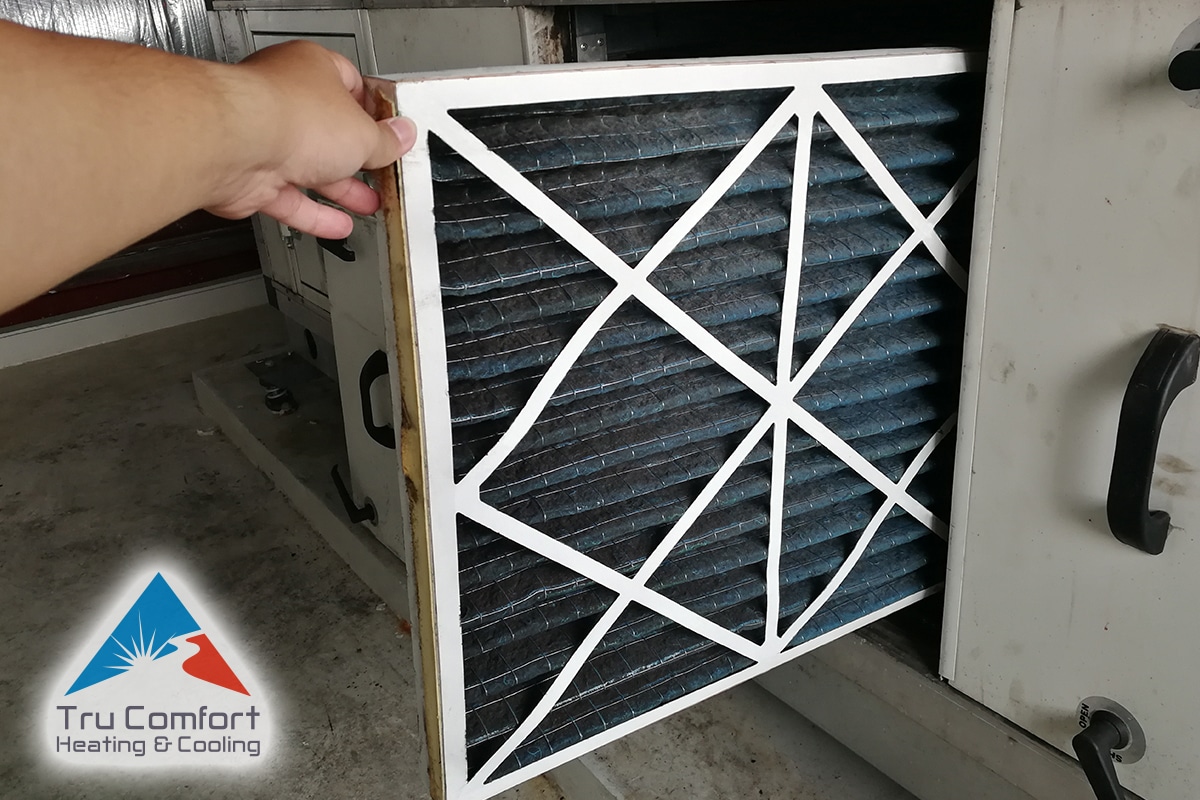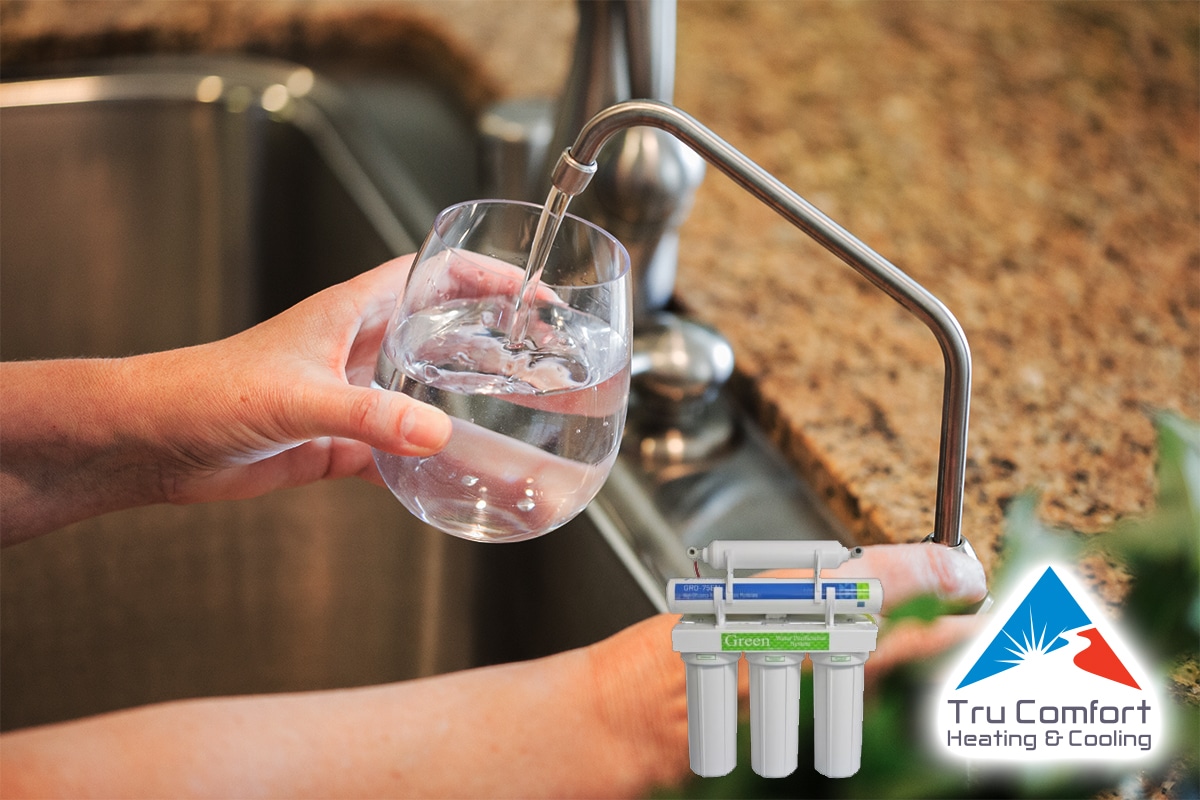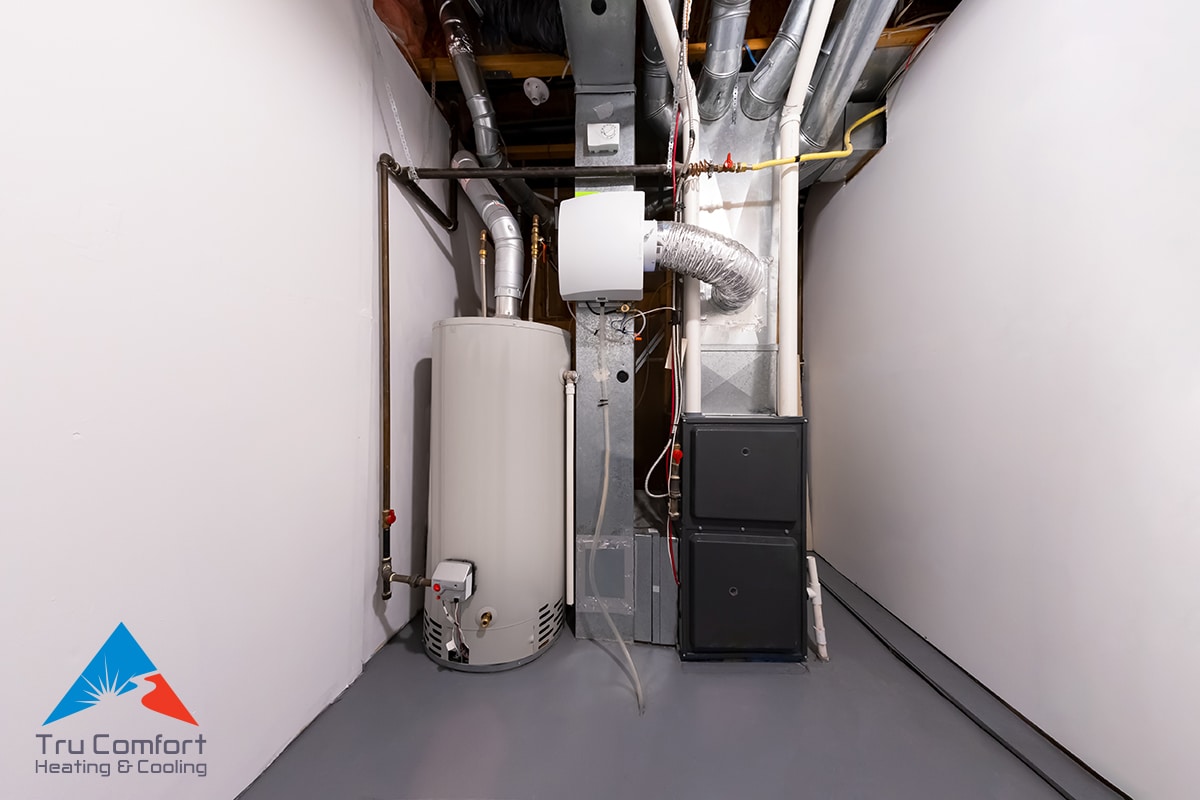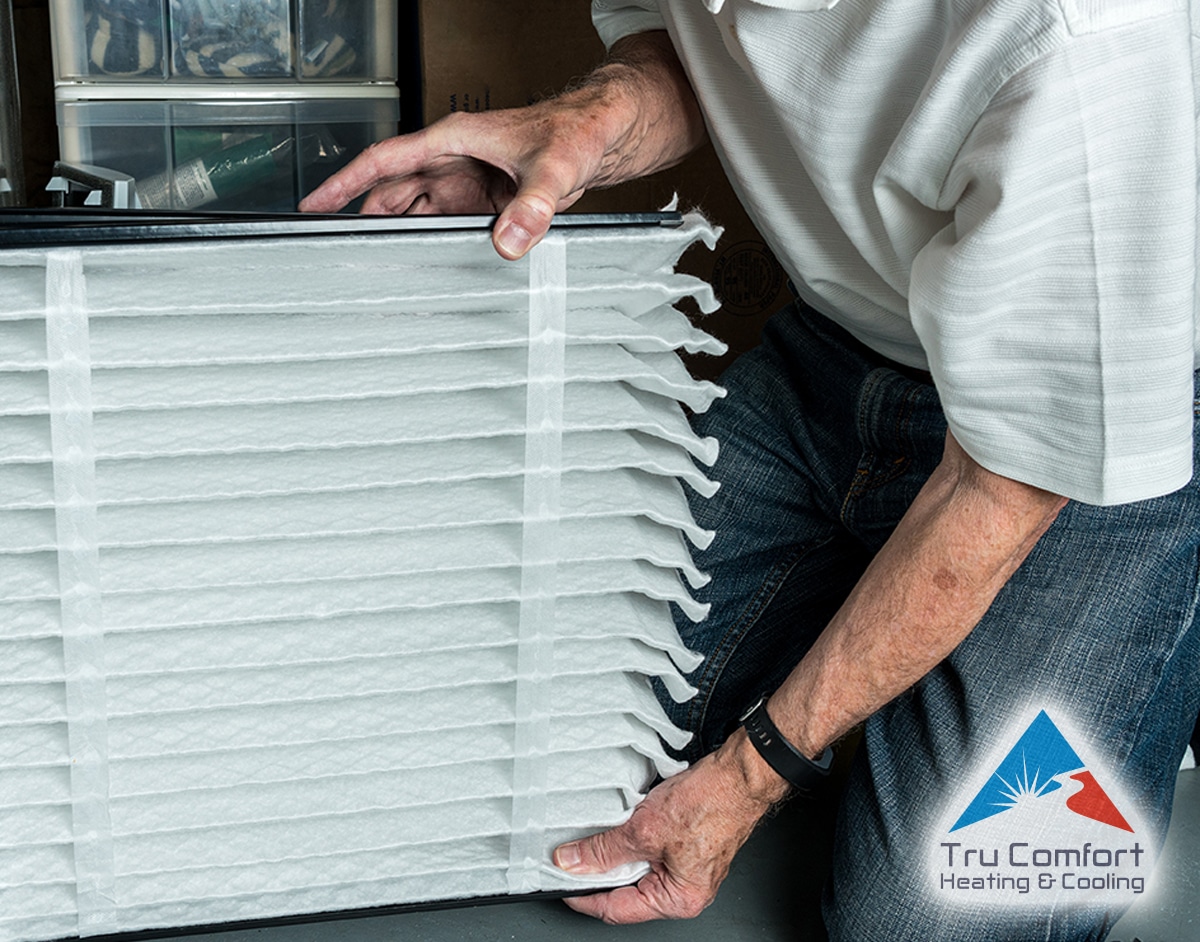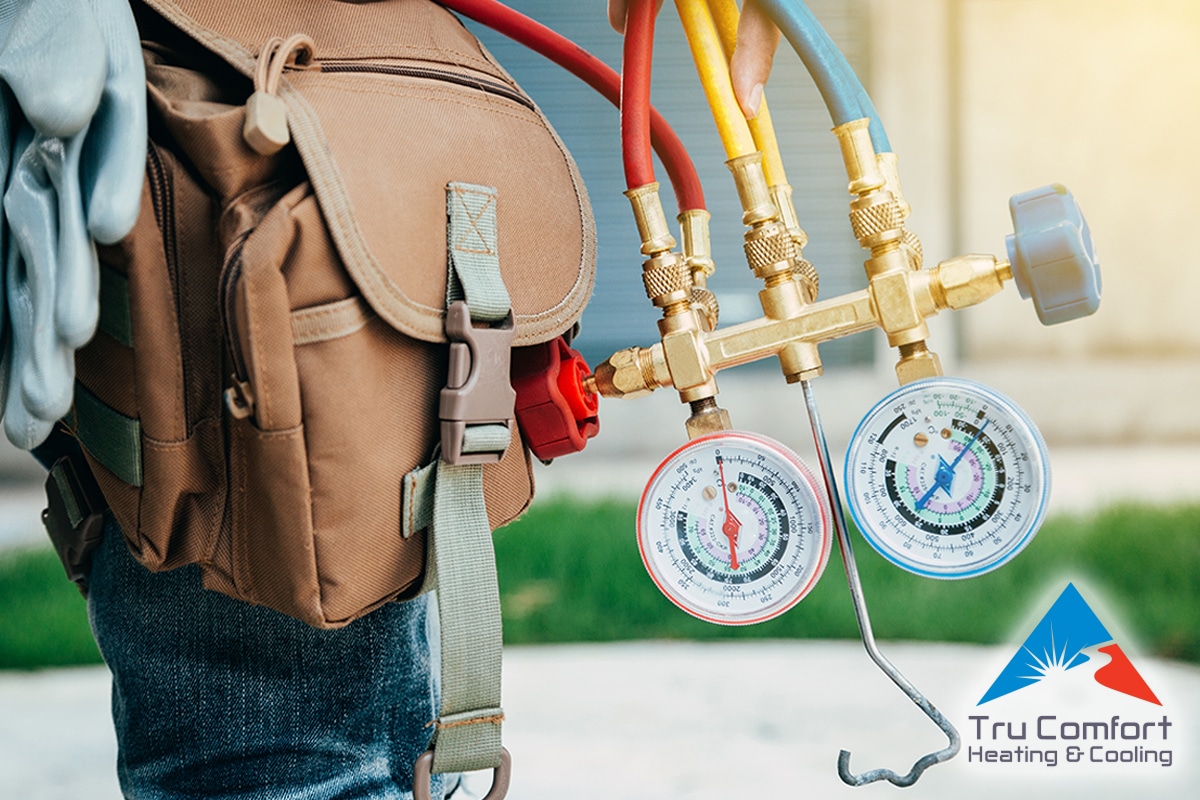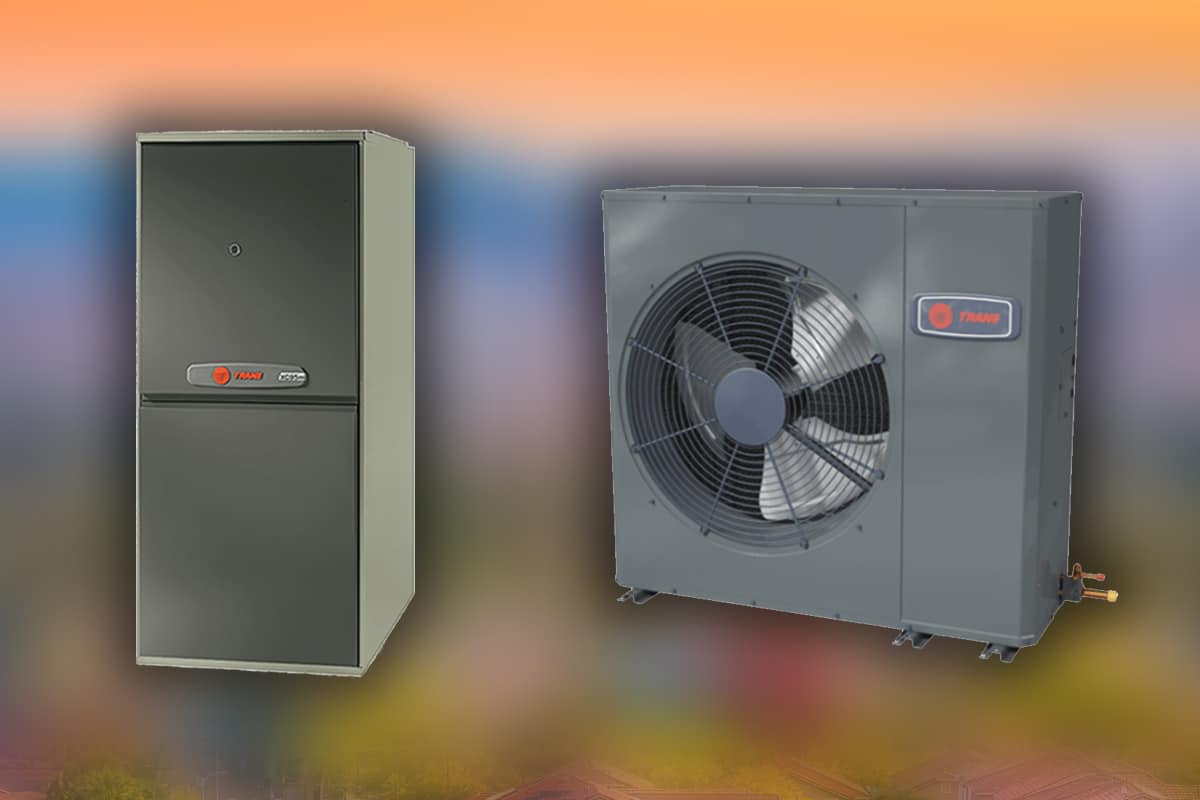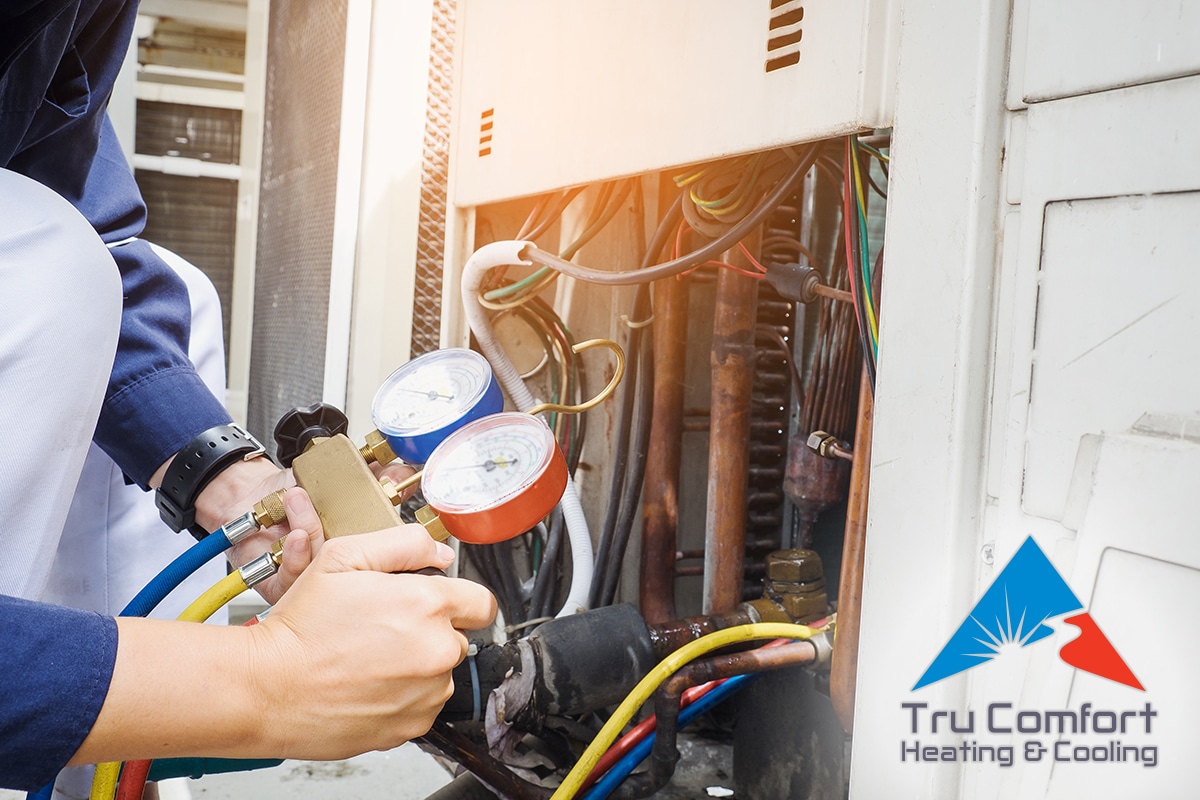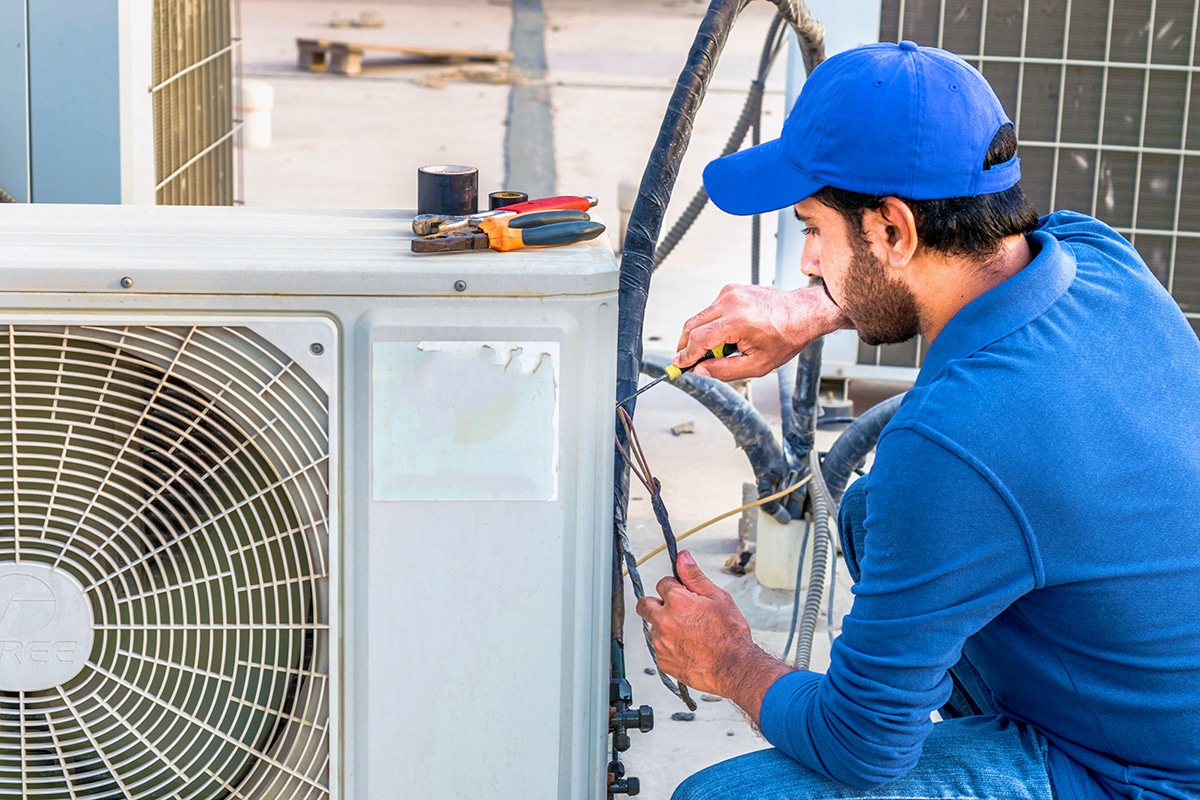If water is coming out of your furnace from places you know it’s not supposed to, your first question is going to inevitably be why. However, the answer isn’t always so clear. There are quite a few reasons why your furnace could be leaking water, or you at least think it is. First, though, you must determine what kind of furnace you have.
High-Efficiency Furnaces
High-efficiency furnaces naturally produce condensation. The unit’s unique design aids with this by providing ample drainage support to keep the furnace functioning. When a leak occurs, it can occur anywhere within this internal support system.
Condensate Drain Hose Leaks are as common as they are easy to fix, caused most often by clogs made up of dust, dirt, and other debris. When not regularly cleaned out, these clogs can cause damage and disconnections that result in leaks.
Inducer Assembly Leaks are slightly more difficult to detect than leaks in your drain hose. Your inducer assembly is the compartment condensation flows into from your main drain hose, which means even a small crack can lead to a sizable leak.
Condensate Drain Line Leaks are typically an easy repair. When the drain line is clogged, cracked, loose, or has any kind of damage, water can escape as it tries to drain from your furnace, which means all you need is a replacement.
Condensate Trap Leaks are not as common as some of the other types of leaks mentioned, but only because not all high-efficiency furnaces even have condensate traps. If your furnace does, though, a clog can quickly cause water to become trapped and leak out before making it to your pump.
Condensate Pump Leaks are especially common after their 3–5-year life expectancy is up. The condensate pump is the final drainage location for produced condensate, which means any clog can result in a leak caused by backflow.
Non-High Efficiency Furnaces
If you have a standard furnace not considered a high-efficiency model, your unit likely does not produce any water/condensate. That means, if you have a leak, it must be coming from somewhere else. The most common culprits are your air conditioner, humidifier, and water heater.
Air Conditioner Leaks can be a result of damaged drain pans, frozen coils, clogged drain lines, or failed condensate pumps. The only way to know for sure, though, is to ask one of our heating and cooling pros.
Hot Water Heater Leaks are most frequently a result of loose drain/T&P valves. However, they can also be from cracks in your main tank resulting from interior corrosion, so the sooner you seek repairs, the better.
Humidifier Leaks are only a concern if your HVAC system has a built-in humidifier. If the main water line suffers damage or becomes blocked due to improper maintenance, it can quickly result in leaks.
For more specific information about why your furnace might be leaking, please, feel free to contact our reputable furnace installation and repair specialists at Tru Comfort Heating and Cooling by calling Tru Comfort Heating and Cooling today at (602) 499-7855, or simply fill out the form in the sidebar.
